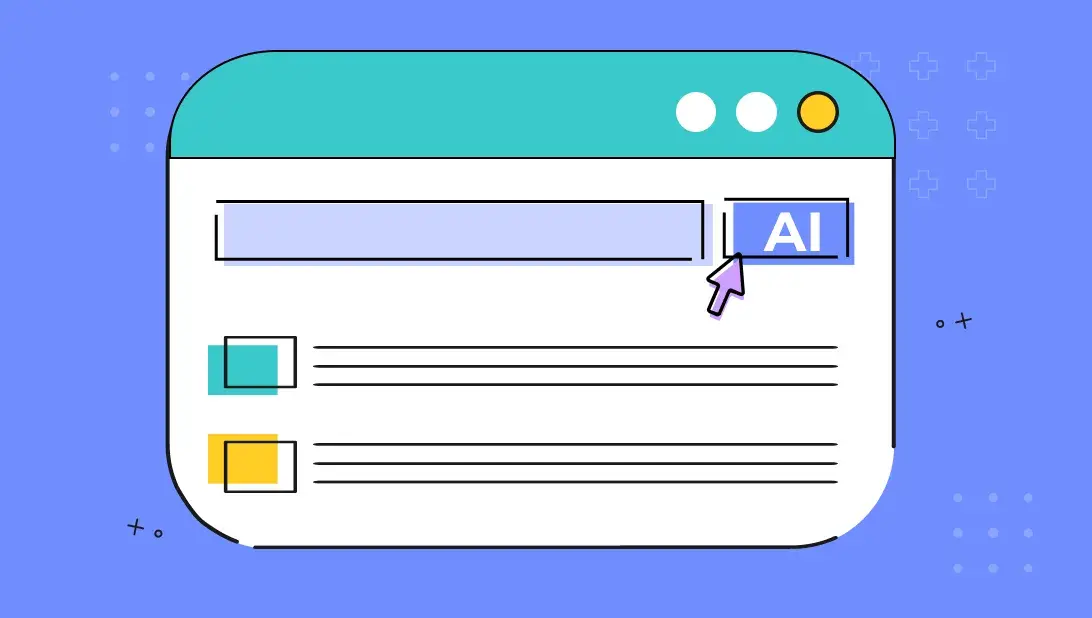



According to Statcounter, Google’s search engine market share reached 89.74% as of March 2025. No wonder Google Ads is an essential healthcare advertising component for SaaS companies to reach the right audience and drive high-quality website traffic.
However, healthcare policy for Google Ads can be frustrating and sometimes mind-boggling. You're not alone if you had a campaign that suddenly stopped getting impressions and clicks because Google updated its guidelines. Even experts in healthcare advertising encounter this challenge.
The good news is that healthcare advertising isn’t a complete mystery either. Here’s our first-hand experience navigating healthcare policy for Google Ads, the latest insights on how it impacts campaigns, and what you can do proactively to prevent any issues.
Google Ads has various restrictions, but those around privacy and protected health information (PHI) impact the healthcare industry the most. For instance, brands can't use PHI to inform healthcare advertising campaigns.
Google is very cautious about protecting users' PHI for good reason. With increasingly stringent privacy laws like HIPAA, misusing PHI could get the company into legal hot waters. As such, it has dialed up its privacy controls to protect users' health data from inadvertently being used for advertising, thereby compromising their privacy.
The biggest problem for healthcare SaaS companies is that Google throws everything related to healthcare into the same bucket and implements broad restrictions, lumping consumer and B2B marketing together. Then, it uses artificial intelligence (AI) to identify ads with terms that might be promoting healthcare-related offerings and block them.
Unfortunately, the AI program often catches ads promoting healthcare software for clinicians and providers. It proceeds to block these healthcare software-related ads, even though they don't target patients. After an ad is blocked, advertisers must jump through hoops to get it approved.
Even seasoned professionals in healthcare advertising have encountered issues. You may run a campaign for a long time without any problems, and suddenly, it stops working when Google updates its rules. If you drill down into the healthcare policy for Google Ads, you will likely find that the "health in personal advertising" clause has caused the problem.
Google’s AI may pick up a term, determine that it could risk users’ PHI, and shut down the campaign. Advertisers don't get any alerts — you look at the analytics and realize the campaign has stopped working, and you're left to figure out why without guidance or clear explanations.
Besides setting up your campaign correctly, you should track your analytics and monitor for notifications that indicate potential issues. You can appeal those messages, but you should prepare to “lose your case” a few times before you can escalate the problem.
The appeal process takes a week or two. You’ll need to contact support, be persistent, and work up the chain of command until you find someone with the authority to resolve the issue. While the process can be frustrating, it’s often worth the effort. If your appeal is successful, Google will flag your account, so the problem doesn't happen again.
Working with an experienced healthcare advertising agency like Spot On is your best bet to minimize issues. You'll have access to experts who can look at the metrics, identify the problem, and interface with support immediately on your behalf to get your campaign back on track.
Google's AI casts a wide net, filtering all health-related words like medical, healthcare, and drug names. The platform would rather have advertisers appeal to get an ad approved than risk having something slip through and violate privacy laws. It has also dialed back what advertisers can track to identify a user online.
However, healthcare tech companies can adapt their tactics to prevent issues proactively.
Refine your target keywords and copy to prevent ads from getting blocked. Be explicit that you promote technology for healthcare providers. Google's AI also analyzes display ad images. It's more likely to block an ad with photos of patients and doctors. As such, it's best to use visuals related to software and technology.
Also, consider how Google’s AI program may (mis)construe your words. For example, you may add the word software to make the ad copy more explicit for the algorithm. However, remember to strike a balance so the copy is clear and relatable to a human audience.
Privacy laws will become stricter as consumers are more protective of their personal data. While the cookie apocalypse didn’t materialize, it’s a poignant lesson on how advertisers shouldn’t rely on third-party data alone to drive their strategies.
Companies must devise a holistic digital marketing strategy that doesn't solely depend on third-party data from ad platforms. You should also collect first-party data and implement consent management to build trust and stay compliant.
High-quality content is the foundation of such permission-based marketing. It can help you gain your audience's trust so that they're comfortable sharing their information. B2B buyers want actionable information — when you obtain their consent in exchange for insights, you can use their data to market to them.
A robust healthcare advertising strategy complements a holistic approach, supporting your content marketing and SEO efforts to drive high-quality traffic and support long-term, sustainable success.
At Spot On, we help healthcare SaaS companies combine healthcare digital advertising with effective website, content marketing, social media marketing, email marketing, and SEO strategies to maximize ROI. Schedule a meeting to see how we can help you navigate healthcare policy for Google Ads to reach your target audience and stay compliant.


Rebecca Graves co-founded Spot On in 2012. As a partner and leader of client services, she takes immense pride in being in charge of “client happiness.” The role allows her to wield her problem-solving skills while fostering big-picture perspectives and team building. Rebecca’s more than 35 years of experience have equipped her to translate strategic planning expertise for the advancement of tech companies transforming the healthcare, financial, and legal industries.
Get the latest and greatest posts sent straight to your inbox.

